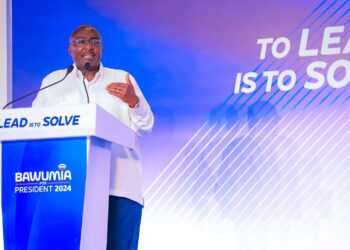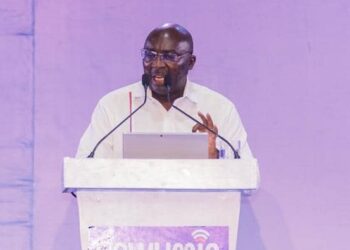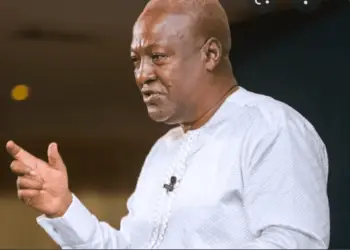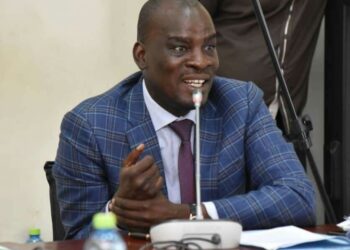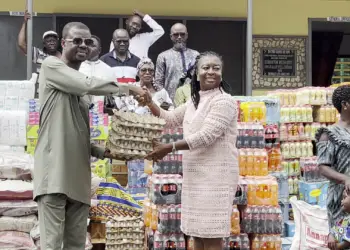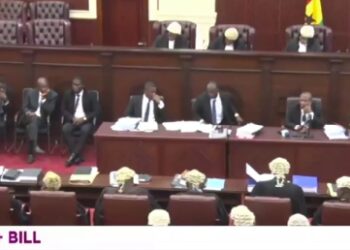
One of government’s most fiercely pushed policies; the double track Senior High School education system, has turned out to be its most disliked policy among the electorate.
At the same time, one popularly supported policy; the fight against galamsey, is now the second most disliked of government’s policies.
This is according to findings by the Political Science Department of the University of Ghana on Wednesday.
The Department sampled views of 5,000 respondents from across all ten regions of the country on their assessment of the two policies by the Akufo-Addo Administration.
The findings also show that the voters dislike government’s drones for health program, while a significant number expressed disappointment at government’s job creation efforts.
Head of Political Science Department, Dr. Maame Gyekye-Jandoh, presented the findings of the research on Wednesday.
“The government’s most liked policy and most disliked policy are related to education. And that is what I find interesting. For the second year running, free SHS has been most supportive of government policies. And yet only 33% said the double track was good, and 45% said it was not.”
“Indeed, double track is said to be the most disliked government program even though it was meant to facilitate free SHS by giving greater access; so a dilemma of sort.”
Dr. Maame Gyekye-Jandoh said they believe the double track system was implemented in haste without adequate education, hence the rejection by some respondents.
“What we see about it is that it is clear the double track system was introduced hurriedly and suddenly. It has brought confusion to many and the government must do well to deepen public education and clear some doubts of the misconception…it’s a typical situation where if you don’t educate the people for them to understand what you are trying to do, people will misinform them and that will be at your own peril,” he added.
Background
The double track system forms part of the free Senior High School programme (SHS), and is part of measures put in place by government to mitigate the effects of infrastructural constraints and have more students in school following the introduction of the Free SHS.
It began in September 2018 and saw students in the first batch, the Green Track, attending school for two months.
Those placed on the Gold track waited within the two months period, and also started their academic year in November 2018 and vacated in December 2018.
Some 400 Senior High Schools are currently running the double track system.
Ban on small-scale mining finally lifted
Government on December 17 2018, lifted the ban on all forms of small scale mining after nearly 20 months. Although small scale miners were happy, the mere duration of the ban appear to have affected them enormously.
The ban was however lifted for only small scale miners who have successfully gone through the vetting process for their operations to be properly regulated. The lifting of the ban followed the successful vetting of 1,350 small scale miners out of which over 900 have now been given licenses to operate.
According to Prof. Frimpong Boateng, the Chairman of the inter-ministerial committee on illegal mining, who’s also the Minister of Environment, Science and Technology, the committee was able to successfully implement all the strategies to curb illegal mining prior to lifting the ban.
Compensate small-scale miners after long ban – Mutawakilu to Gov’t
Ranking Member on Parliament’s Mines and Energy Committee, Adam Mutawakilu, however called on the government to compensate small-scale miners who were affected by the blanket ban on all small-scale mining activities.
According to him, the directive for all small-scale mining activities to be ceased cost many properly licensed mining companies and individuals a lot of money, and it may be difficult for them to recover without government support.
–
Source: Citinewsroom.com | Ghana


